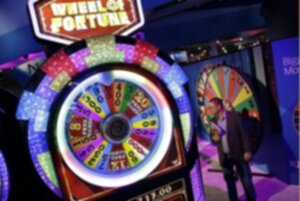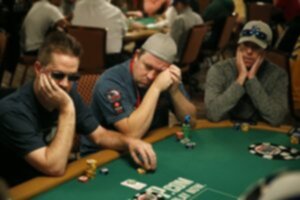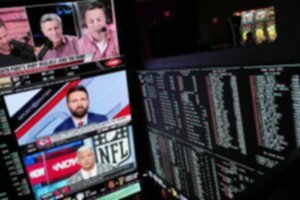The Netherlands has produced legendary online poker players like Lex Veldhuis and Steven van Zadelhoff, but until this week Dutch online gambling remained illegal under the country’s law.
That all changed on February 19, when the Dutch Senate voted to pass the Remote Gambling Bill by a 44 to 31 margin. The successful vote occurred after the Senate declined to hold a vote on two different occasions this month.
Justice Minister Sander Dekker – the lawmaker tasked with guiding the Remote Gaming Act through the States General, or the Dutch Parliament – issued a statement shortly after securing the bill’s final passage:
“We see that society is digitizing and more than half a million Dutch people are participating unprotected in online gambling at the moment.
This involves big risks such as gambling addiction and fraud.
I am happy that we can now offer players a secure offer so that games of chance can be played online in a responsible manner.”
Senate Passage of Bill Comes More Than Two Years After Lower House
The original draft version of the Remote Gambling Bill was introduced in 2015, and by July of 2016 the Parliament’s lower House of Representatives signed off on iGaming.
But due to the fractured nature of Dutch Parliamentary politics – which feature 12 parties in total and four comprising the government – further progress was slowed amidst partisan debate.
With the center-right Christian Democrat Appeal party and the conservative Christian Union party both staunchly opposed to gambling expansion, the more liberal People’s Party for Freedom and Democracy joined with Democrats 66 to form the deciding consensus.
Dutch Online Gambling: Tax Rates, Policies Lead to Black Market Doubts
As passed, the Remote Gambling Bill tasks the Kansspelautoriteit – or the Dutch Gambling Authority – with granting iGaming licenses to approved operators beginning in 2020.
Under the law, licenses will be assigned primarily to operators which maintain a registered office, central administration, or principal place of business within the European Union (EU) or European Economic Area (EEA). However, under certain limited circumstances, operators based outside of the EU or EEA may be eligible for Dutch online gambling licensure.
The fee for an iGaming license is expected to be €40,000, and operators will then pay taxes of 29 percent on gross gaming revenue. Additionally, the Dutch government will assess a 1.5 percent tax on revenue payable to the Gaming Authority, and a 0.25 percent contribution to a national gambling addiction fund.
Further steps to combat compulsive gambling include a provision requiring players to provide a wagering limit upon registration, with limit reminders periodically flashed onscreen as they play.
Regulus Partners – a gaming industry consultancy located in London – has gone on record to contend that these high tax rates will create a stifled marketplace prone to black market infiltration:
“The Dutch regulator might be initially relieved by the lower workload of a smaller number of licensees, but it is likely that Dutch online customers will find a good deal more supply than the half-dozen or so operators likely to be profitable in such a high tax environment.
This will reduce the real tax yield on Dutch online gambling spend, while also increasing the long-term problems of unregulated online gambling facing the Dutch government.”
Rutger-Jan Hebben – who serves as head of the Dutch iGaming operator lobby group Speel Verantwoord – echoed those sentiments while speaking to Dutch News:
“Individually, the measures are okay. But when combined together, you have to ask if there is enough room to actually place a bet.”
Speel Verantwoord represents European iGaming titan Unibet, one of several operators which may be subject to the Remote Gambling Bill’s two-year exclusionary period on any company which served Dutch players in violation of prior laws.





